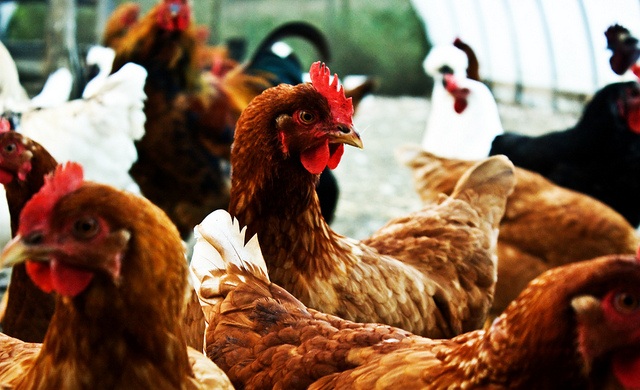Wynnstay (LSE:WYN) has stuck to the same areas of business for decades. This is its strategy, as set out in the 2004 AIM Admission Document:

“The Group intends to continue to develop its three trading divisions [Arable, Feeds, Stores (it had 24 stores then, 54 now)]. As part of its five year corporate plan, it intends to expand these three key areas both organically and by suitable acquisition. The Directors believe they have the depth of expertise within the Company to continue to expand the business as they have in the past.”
In 2003 turnover was £85m, compared with over £430m today. A number of feed, grain, retail and haulage acquisitions followed. There were some big moves such as the acquisition of Glasson Grain in Lancashire in 2006, Just for Pets in 2007, Wrekin Country Stores in 2007 and Young Animal Feeds in 2009. By 2009 turnover was £215m.
History shows a consistent strategy even to this day, as stated in the 2018 Annual Report:
“Over a period of the last thirty years, a twin stranded growth strategy has been successfully implemented…These two strands are represented by focused acquisitions, and gradual organic expansion through increasing geographical reach and product extension…The fragmented nature of the supply sector into farming and the rural economy has supported the success of this strategy, the Board believes that many opportunities remain, and that the continuation of this approach, with additional financial resource, will continue to produce rewarding results for all stakeholders in the business.”
Alongside the strategy the firm pursued a policy of increasing dividends – the 2004 Admission Document stated:
“The Company has a progressive dividend policy which seeks to reward shareholders. The Directors therefore intend to maintain a balance between retained profit and profit available for distribution to shareholders.”
In 2003 the dividend was 3.8p today it is 14.6p, an average annual growth rate of 8.8%.
Shareholders are not the sole priority
At first it seems shocking that directors do not state that the company is run solely to maximise shareholder wealth. They, in the 2020 Annual Report, state the aim is to achieve a balance “to satisfy the expectations of all stakeholders”. There are five main “stakeholder groupings”:
- Customers – the Group seeks to excel in terms of range, value, quality and service.
- Shareholders – where “the Board seeks to execute its strategy in a sustainable way in line with our c………………To read more subscribe to my premium newsletter Deep Value Shares – click here http://newsletters.advfn.com/deepvalueshares/subscribe-1
orporate values”.


















